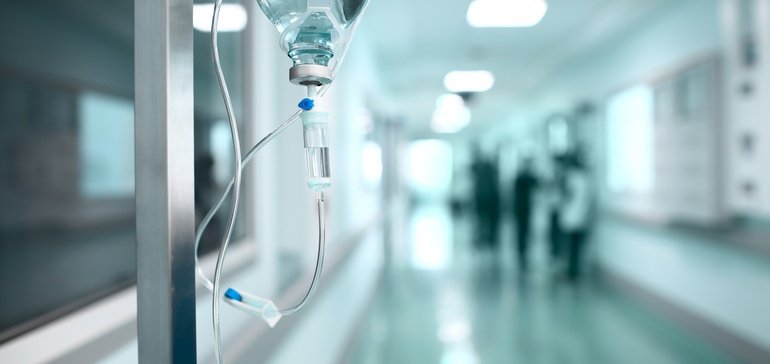
Dive Brief:
- One-third of the nation’s hospitals received A grades for the quality of care they provide, according to the Leapfrog Group’s annual survey, which graded more than 2,700 acute care facilities nationwide. Another 24% received B grades, suggesting that the nation’s hospitals are generally performing well in terms of the quality and safety of care being delivered.
- More rare are the 27 “straight A” hospitals that have received the top grade for each of the 19 annual surveys the Leapfrog Group has performed to date. They include facilities such as Brigham and Women’s Faulkner Hospital in Boston, the Mayo Clinic’s hospital in Phoenix and the University of Chicago Medical Center.
- The survey of the hospitals took place just before the COVID-19 pandemic became a major public health issue. Leapfrog Group officials suggested that facilities with the highest grades likely fared better in their pandemic response. The organization is soliciting input for ways it will revise its next annual survey.
Dive Insight:
The Leapfrog Group surveys hospitals in 27 areas to determine how safe they are and how they might impact patient outcomes. The newest survey suggests that a majority of the nation’s hospitals are quite safe, with 57% receiving A or B grades, 35% receiving C, or average, grades.
There is some geographic skew to how grades were distributed. States with the highest percentage of A grades included Massachusetts, Idaho, Maine, Virginia and North Carolina. The Dakotas were the only states without hospitals that received As.
Altogether, there were 27 hospitals nationwide that have received A grades in all 19 annual surveys conducted by the Leapfrog Group to date.
“We find that straight ‘A’ hospitals have strong structures of safety in place,” Leapfrog Group CEO Leah Binder said in a statement, which suggested that such institutions were better prepared for the COVID-19 pandemic. “These hospitals are continuously learning, monitoring data, and addressing areas of improvement. Our straight ‘A’ hospitals remind us how preparedness protected their patients as well as their workforce and created a high level of organizational resilience.”
Binder added that as the U.S. emerges from the pandemic, “hospitals need to double down on safety, so they save lives, strengthen their organizations, and position themselves to withstand the next crisis.”
However, there is also a need for such surveys to evolve, indicated by the fact that the Leapfrog Group is soliciting comments that are intended to improve future surveys. CMS recently proposed adding an equity component to its hospital safety surveys.
In a controversial grading of safety surveys undertaken by NEJM Catalyst in 2019, the Leapfrog Group received just a C- grade for the work it performs.
